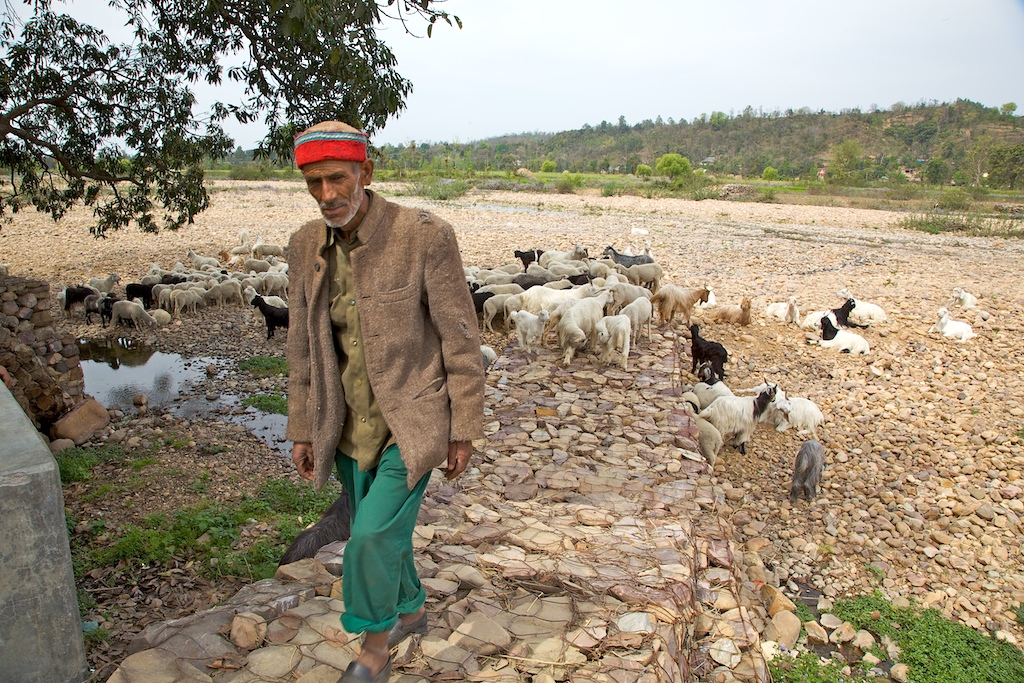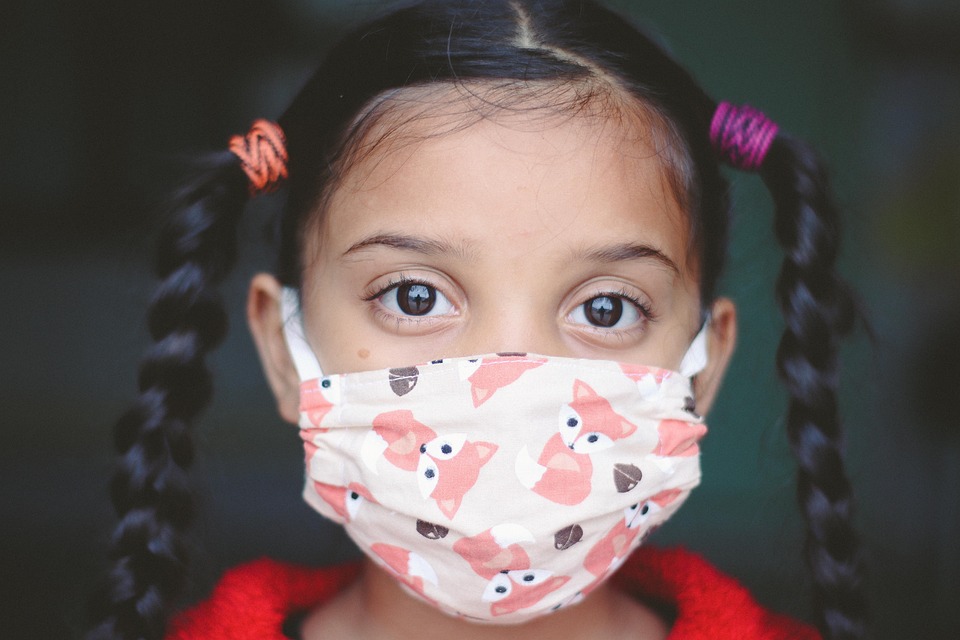Hostels in Indian Campuses Still Off-limits for Trans Students
Inclusive living facility for trans students has been a critical issue all over India. Off-campus accommodation is usually costlier, unsafe, and not readily available to trans persons because of their identity. Transgender persons face discrimination and harassment at rental housing. Amongst the many concerns were the fear of sexual violence, higher rent rates, lack of secure tenure, unreasonable demands and intrusion into personal space by the landlords



 Hardikar uses his two-decade experience of reporting on rural affairs to connect the everyday life of Ramrao to policy decisions, workings of market economy and climate crisis. Every year, an insidious new factor is added to the list of old reasons compounding the problem of the peasantry. Liberalisation, loan waivers, unchecked sale of spurious agro chemicals, demonetisation, pest attacks, all leave a mark on Ramrao who is also battling personal losses.
Hardikar uses his two-decade experience of reporting on rural affairs to connect the everyday life of Ramrao to policy decisions, workings of market economy and climate crisis. Every year, an insidious new factor is added to the list of old reasons compounding the problem of the peasantry. Liberalisation, loan waivers, unchecked sale of spurious agro chemicals, demonetisation, pest attacks, all leave a mark on Ramrao who is also battling personal losses. Beginning in the 1990s, the forest department shifted away from commercial production toward a greater emphasis on joint-forest management, which resulted in a shift toward an array of broad-leaved (but still not palatable) species being planted, especially in lower altitudes. However, Gaddis were largely left out of many joint forest management schemes mainly because of their migratory practice and were consulted in a “token fashion” for compensatory afforestation for hydroelectric projects in high altitudes.
Beginning in the 1990s, the forest department shifted away from commercial production toward a greater emphasis on joint-forest management, which resulted in a shift toward an array of broad-leaved (but still not palatable) species being planted, especially in lower altitudes. However, Gaddis were largely left out of many joint forest management schemes mainly because of their migratory practice and were consulted in a “token fashion” for compensatory afforestation for hydroelectric projects in high altitudes.  Most IAS officers in India believe that states must have the autonomy to formulate their own responses based on their needs and capacities in case of emergencies like Covid-19. They regard speeches by politicians as the least effective while find frontline workers to be highly effective in communicating the right message to the public, found a survey. Around 52 percent felt that national lockdown imposed last year should have been better planned while 47.7 percent deemed it to be the right action.
Most IAS officers in India believe that states must have the autonomy to formulate their own responses based on their needs and capacities in case of emergencies like Covid-19. They regard speeches by politicians as the least effective while find frontline workers to be highly effective in communicating the right message to the public, found a survey. Around 52 percent felt that national lockdown imposed last year should have been better planned while 47.7 percent deemed it to be the right action. Heat in Delhi is known to have a spatial distribution and is more in certain areas as compared to other. More focus on peripheral and vulnerable populations such as poor households and women and children, expansion of green spaces and improved access to electricity among the vulnerable populations can go a long way in coping with the effects of rising heat in the city in the years to come.
Heat in Delhi is known to have a spatial distribution and is more in certain areas as compared to other. More focus on peripheral and vulnerable populations such as poor households and women and children, expansion of green spaces and improved access to electricity among the vulnerable populations can go a long way in coping with the effects of rising heat in the city in the years to come. More than 40 percent of potential landscapes for oil palm cultivation in India overlap with biodiversity-rich landscapes. Converting small rice fields to palm oil can be a viable alternative to dismantling forests and grasslands for palm oil, says a latest study. It said that exploring and implementing fine-scale local plantation strategies by the government can satisfy the projected national demand for palm oil without threatening high biodiversity landscapes.
More than 40 percent of potential landscapes for oil palm cultivation in India overlap with biodiversity-rich landscapes. Converting small rice fields to palm oil can be a viable alternative to dismantling forests and grasslands for palm oil, says a latest study. It said that exploring and implementing fine-scale local plantation strategies by the government can satisfy the projected national demand for palm oil without threatening high biodiversity landscapes.
